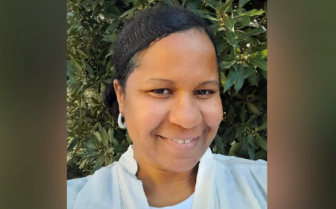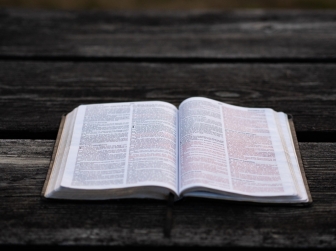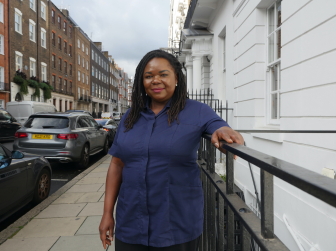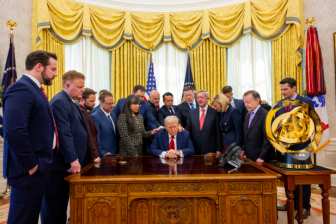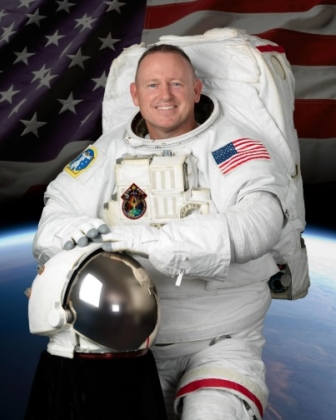New research published by the public theology think tank Theos has revealed that bishops are playing an increasingly significant role in the House of Lords.
|PIC1|The findings are contained in the report, 'Coming off the bench, The past, present and future of religious representation in the House of Lords'.
The report analyses the contribution of bishops in the upper chamber during the Thatcher and Blair premierships and concludes that the 26 Anglican prelates are attending, voting and speaking more than they did during the 1980s, says Theos.
During the 1980s, bishops attended the House of Lords on an average of just 12 per cent of sitting days. Since 1997, however, this figure has steadily increased to over 18 per cent in 2004/05.
The increased attendance of bishops in the Lords has been accompanied by an increase in participation.
In the 2004/05 session they voted in over half of divisions, compared with just above 20 per cent in the 1980s.
On average the bishops made 64 contributions per session during the 1980s, but in 2005/06 the bishops made 130 separate speeches and interventions, the Theos report revealed.
The report has been produced to coincide with the publication of the Government's white paper on House of Lords reform.
In addition to examining levels of voting, the report also considers the impact that bishops have on legislation. It reveals that, contrary to accusations that the bishops block controversial or socially liberal items of legislation, it is extremely unusual for them to vote as a group or in enough numbers to change the outcome of particular divisions.
The report argues that reducing the number of bishops to 16 (as proposed by the Wakeham Commission) and releasing them from diocesan responsibilities could result in a more effective role for them, as part of a broader religious element to the House of Lords.
Commenting on the research, Paul Woolley, Director of Theos, said, "We hope that this new report will re-open the debate about the role of faith in our institutions, as well as in the public sphere as a whole.
"No convincing reason has been offered to leave religious thinking out of the public conversation. Everyone has an underlying narrative to their lives and a set of values that shape what they think, do and say. Religious people just tend to more honest about it.
"The report encourages those serving as religious representatives in a reformed second chamber to consider how they can bring a distinct moral and spiritual contribution to political debate. The bishops have become advocates for the religious communities at large, and a symbolic reminder of the spiritual and moral needs of people in general. In a reformed House of Lords with a broader religious element, representatives from other traditions will have the opportunity to adopt a similar approach."
Currently, 26 bishops of the Church of England sit in the House of Lords. Five (Canterbury, York, London, Durham and Winchester) sit by virtue of their office. The remaining 21 sit by order of seniority from date of first appointment to Diocesan See.
related articles
Humanists Question Presence of CofE Bishops in Lords
Humanists Question Presence of CofE Bishops in Lords
Bishop of London Defends Church's Position in House of Lords
Bishop of London Defends Church's Position in House of Lords
News
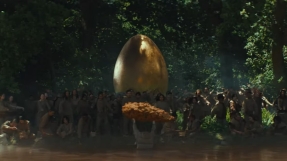
KFC gravy baptism advert sparks controversy
KFC's controversial gravy baptism was at least done via total immersion
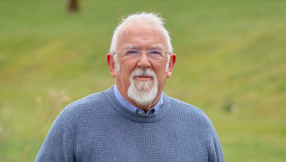
Retired pastor challenges abortion buffer zones law
A retired pastor who held a service in an abortion buffer zone is challenging the prosecution and the law itself

The Spring Statement is devastating for disabled people
Please pray. Please write to your MP about these things. And please, check on any disabled friends to see how they are coping with what is unfolding at the moment.
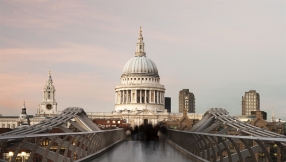
US study claims two in five Brits raised Christian no longer believe
A new report from the Washington-based Pew Research Center suggests that Britain’s religious identity is undergoing a transformation
